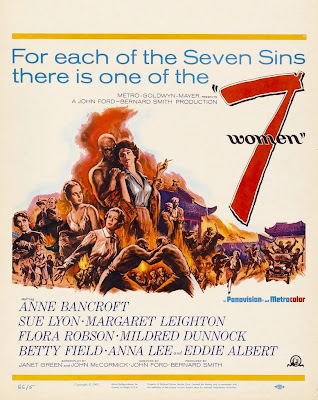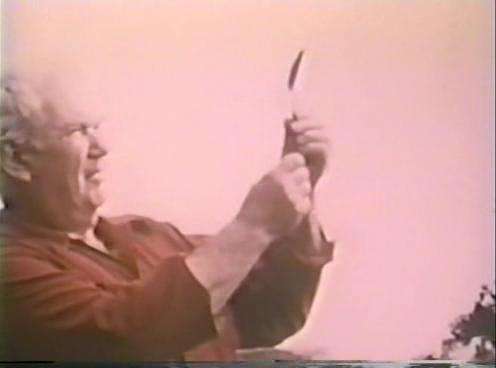

Plot
John Ford’s final film is set in China in 1935, where a group of American women, led by Agatha Andrews (Margaret Leighton), work as missionaries. One of the women, Florrie (Betty Field), is pregnant and accompanied by her husband, Charles (Eddie Albert), while the others are single and on their own. The mission has become crowded after a cholera epidemic forced several outsiders to flee a nearby British mission and seek shelter with the American group, while a Mongol warrior, Tunga Khan (Mike Mazurki), has assembled troops who are sacking the area. When a female doctor, Dr. D.L. Cartwright (Anne Bancroft), enters the picture, she attempts to bring humor and civility to the group, but her tough yet compassionate nature clashes with Agatha’s by-the-book approach, and when Cartwright is willing to put her own safety at risk to gain the attentions of Tunga Khan and slow his onslaught, the group is strongly divided — most of the women admire the doctor’s bravery, but Agatha (who seems to have a non-professional interest in Cartwright herself) considers her foolish and reckless. Seven Women was originally planned to star Patricia Neal as Dr. Cartwright, but when she suffered a stroke during filming that put her acting career on hold for several years, Anne Bancroft was recast in the role. ~ Mark Deming, All Movie GuideRead More »









